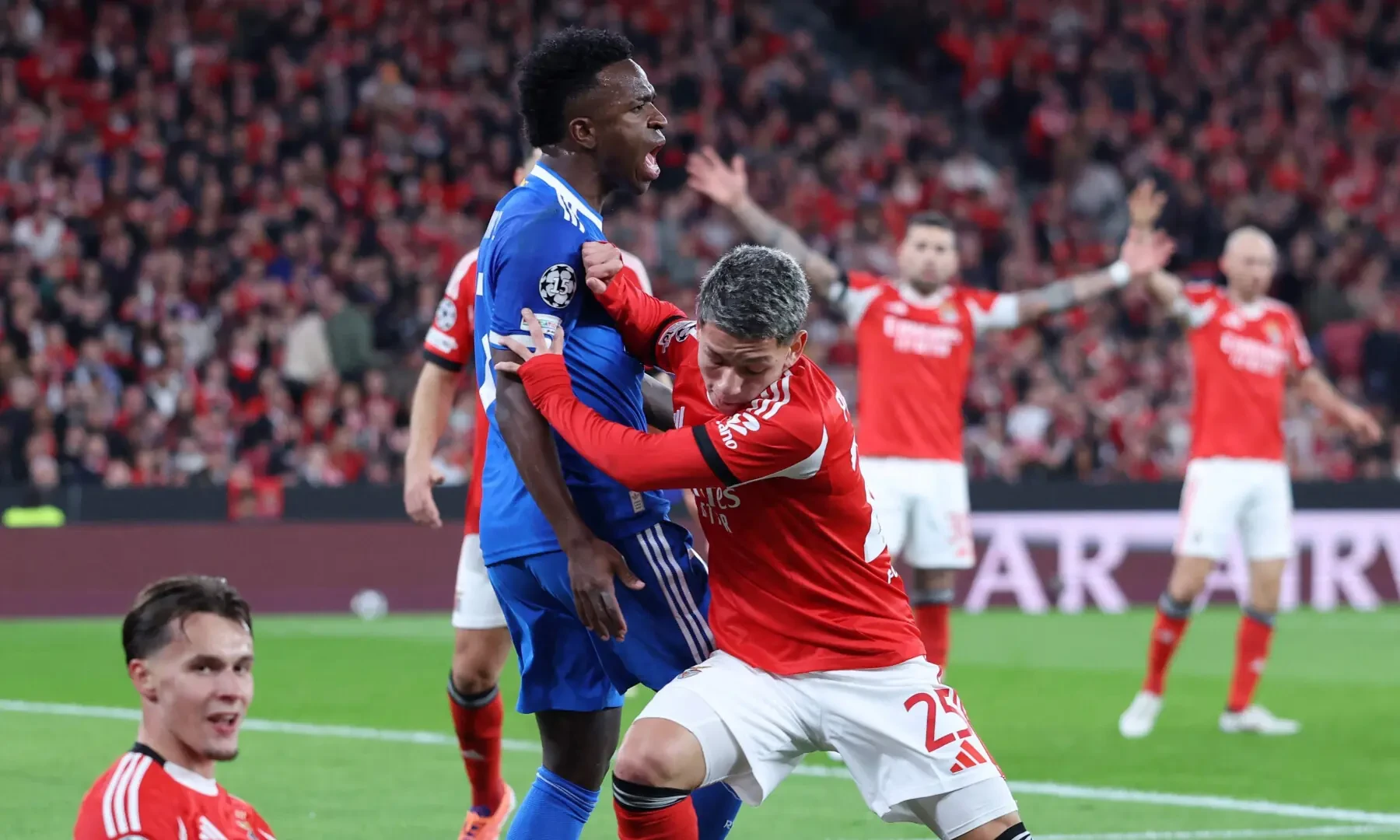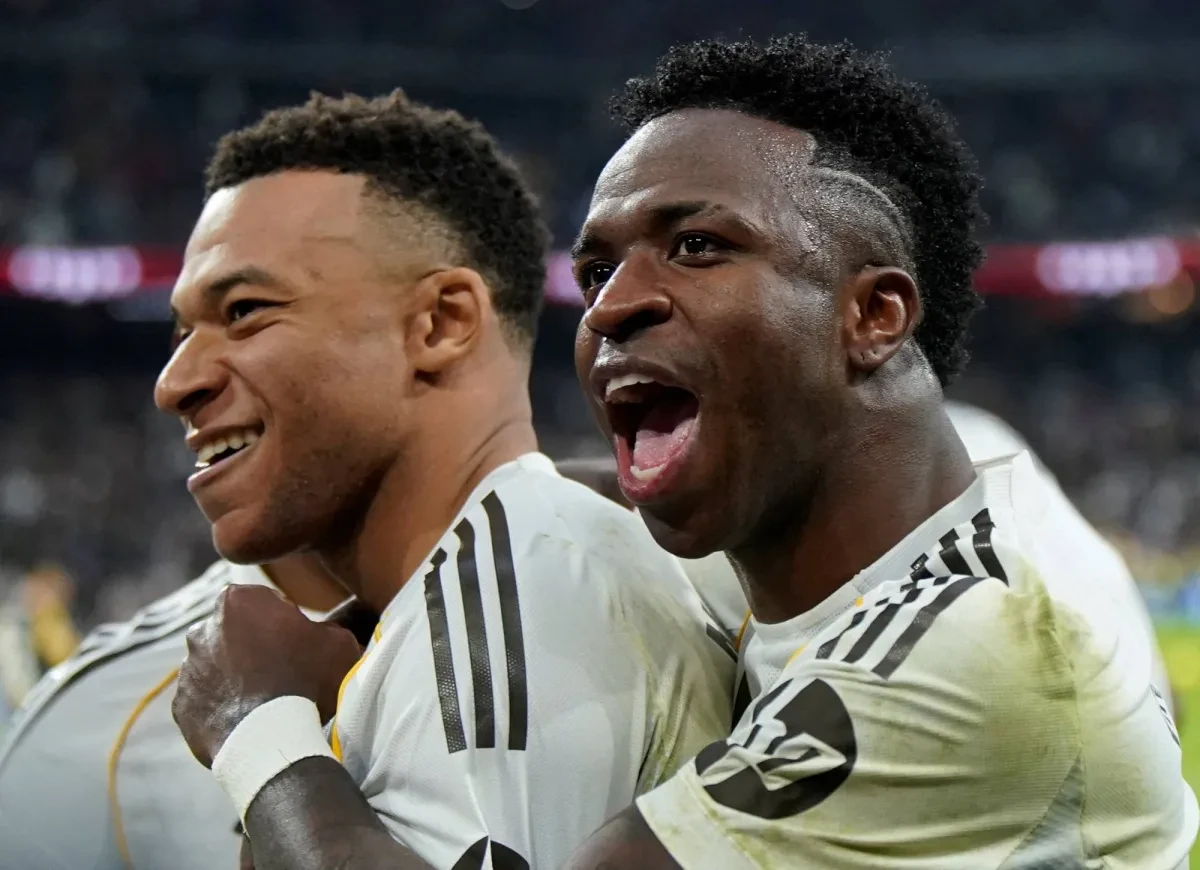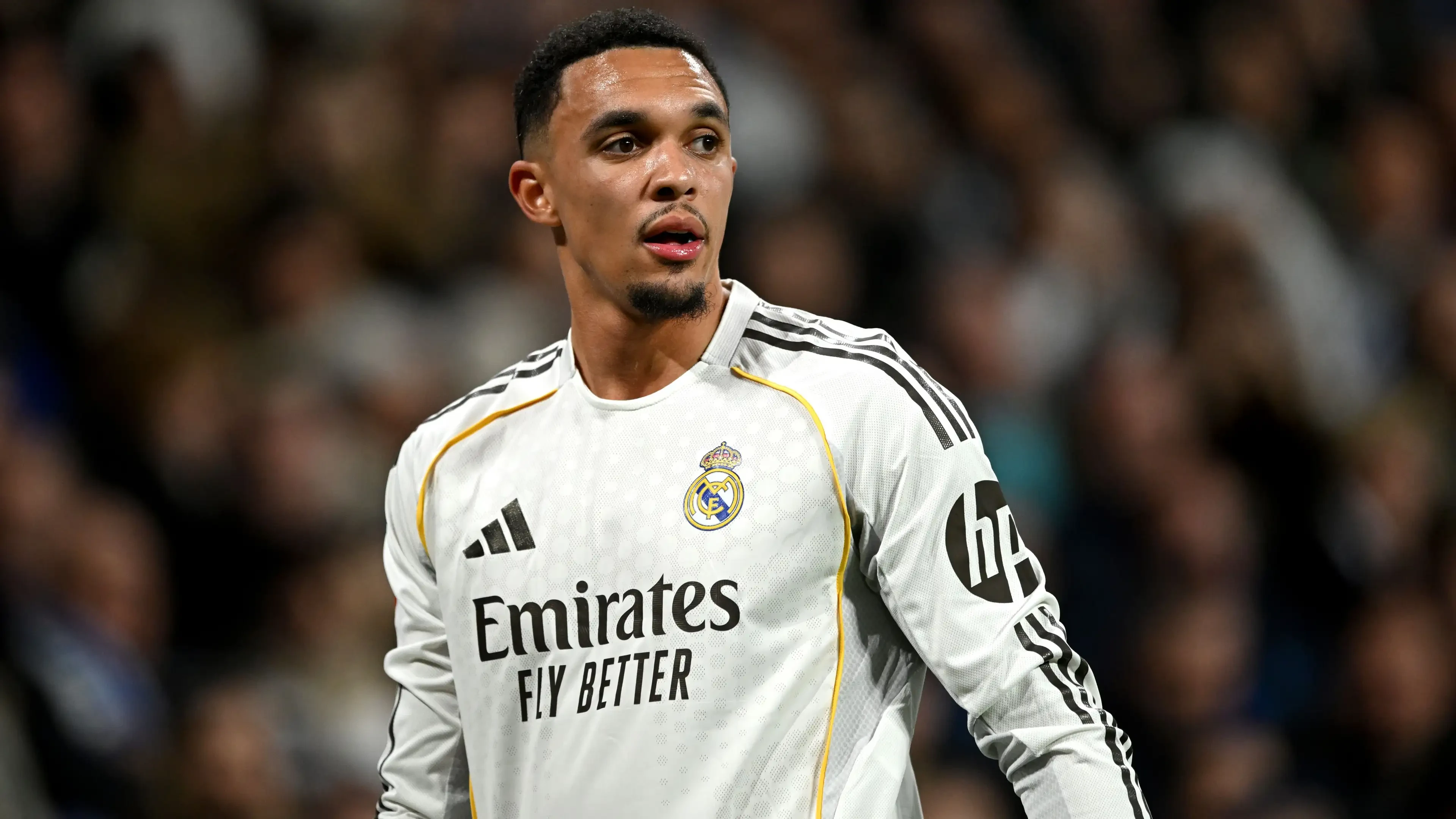REAL MADRID REGRETS MISSING ESTEVAO; CHELSEA WINS NOW
Real Madrid reportedly regrets not competing with Chelsea to sign Palmeiras winger Estevao. The 18-year-old Brazilian has seen his market value soar to €60m after a stellar start in London.
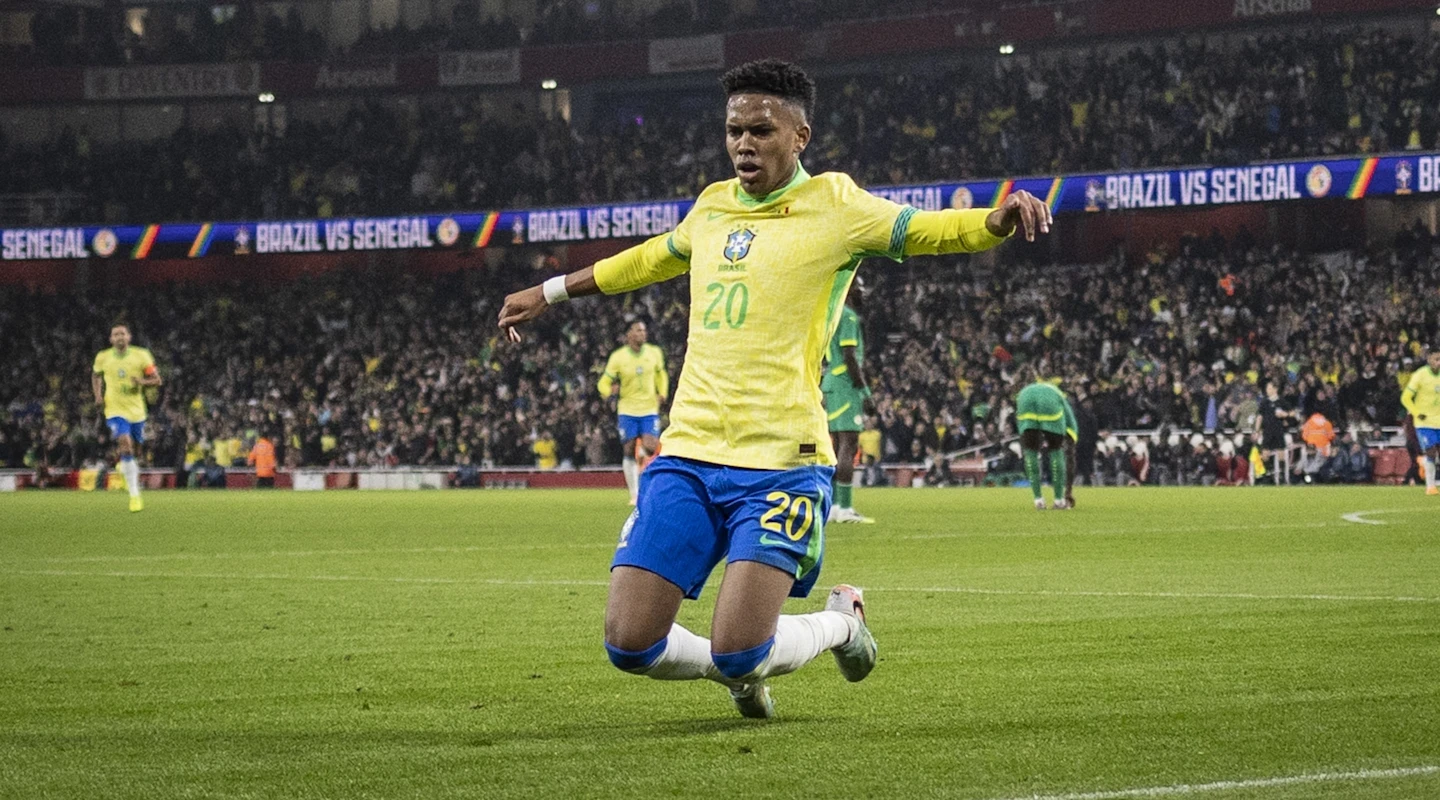
REAL MADRID SURGE: ARBELOA HAILS "PERFECT FIT" TRENT ALEXANDER-ARNOLD AHEAD OF OSASUNA
Real Madrid is flying! Discover how Trent Alexander-Arnold’s return and Arbeloa’s tactics have Madrid eyeing a 5-point lead.
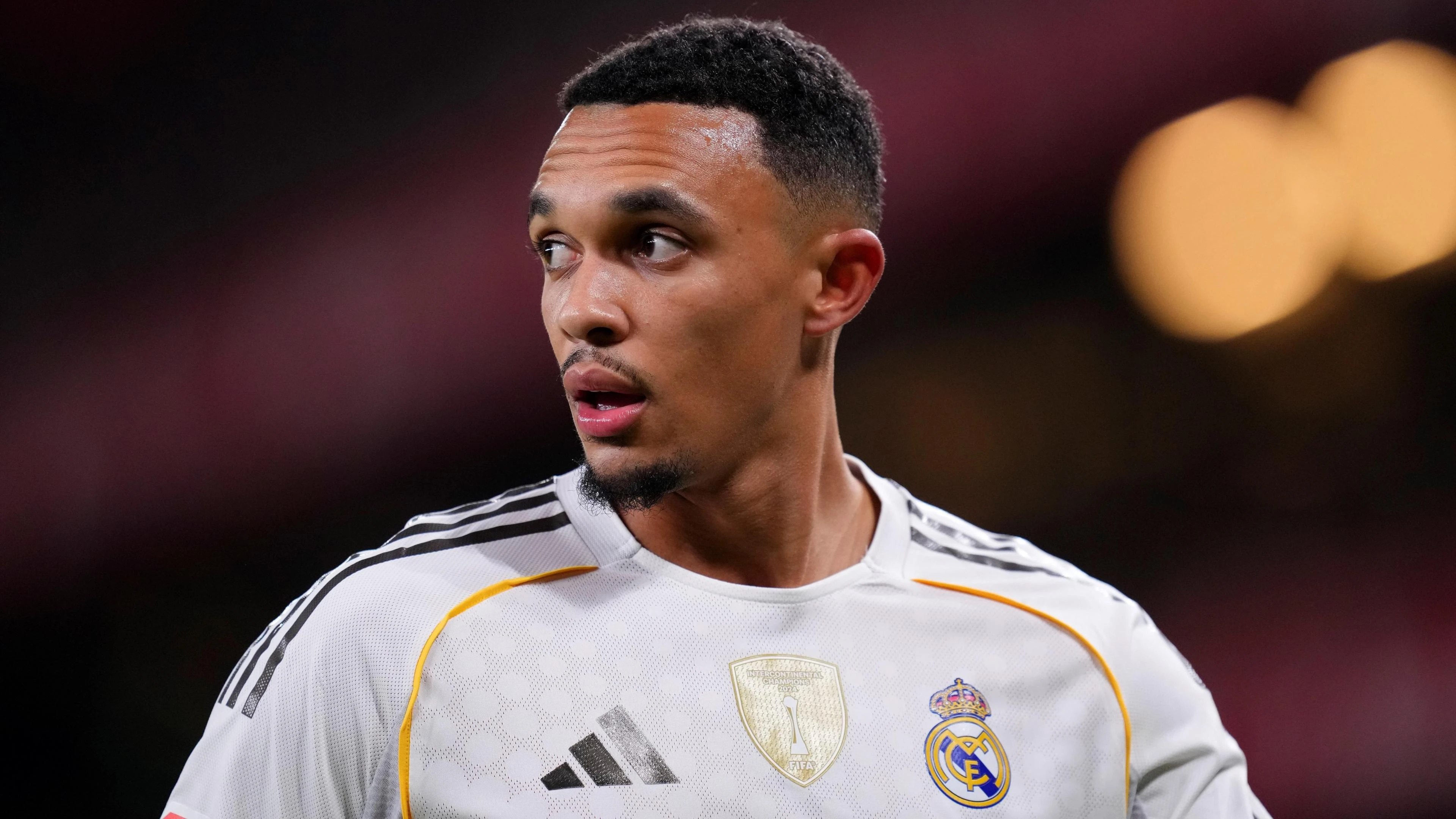
Real Madrid’s manager, Alvaro Arbeloa, talked about how the team’s been getting better lately and singled out Trent Alexander-Arnold for making a real difference since coming back from injury. On Saturday, Madrid has a shot to push their lead over Barcelona to five points at the top of La Liga. They’re also on track for the Champions League Round of 16.
Most reporters wanted to talk about the Prestianni-Vinicius situation, but in Madrid, the real buzz is about how much the team’s improved after a strong showing in Lisbon. Under Arbeloa, Madrid have won all five of their league matches.
“We want to keep growing, together and as individuals,” Arbeloa said. “When you first arrive, you spend time getting to know the players, figuring out what clicks. We’re focused on making sure everyone contributes, not just the starting eleven. All the good things you’re seeing come from the work of all 25 guys.”
Trent Alexander-Arnold keeps getting praise, too. Since coming back, he’s started twice in a row and looks more assured on Madrid’s right side.
“You can see it in the way he passes, his accuracy. He barely needs space or time. He gives the forwards an edge, making guys like Mbappé and Vini run. After his injury, he’s come back in great shape. That’s not easy. He fits perfectly with what we need. I’m really happy for him.”
As for who’s playing at centre-back against Osasuna, Arbeloa didn’t give much away.
“We’ve got five top centre-backs, and I hope Militao’s back soon. I’m glad to have almost everyone fit. We’ll watch how they train today, then make the call.”
Then there’s Jude Bellingham. With Madrid’s midfield looking balanced against Benfica, people are already wondering how Bellingham fits in, though he’s still out for a few more weeks with a hamstring injury.
“If I had to give up my arm to get Jude healthy by tomorrow, I’d do it,” Arbeloa said. “He’s a leader, one of the best around. What really makes me proud is how the team’s stepping up without him. That says a lot about this group. If I could give him a magic potion to speed up recovery, I’d do it. I have zero doubts about him, actually. It’s the opposite.”
THIBAUT COURTOIS JOINS: REAL MADRID STAR OFFICIALLY BUYS INTO LE MANS FC; STATEMENT RELEASED
Real Madrid's Courtois joins Le Mans FC! Discover the details of the OutField acquisition and the new youth training centre plans.
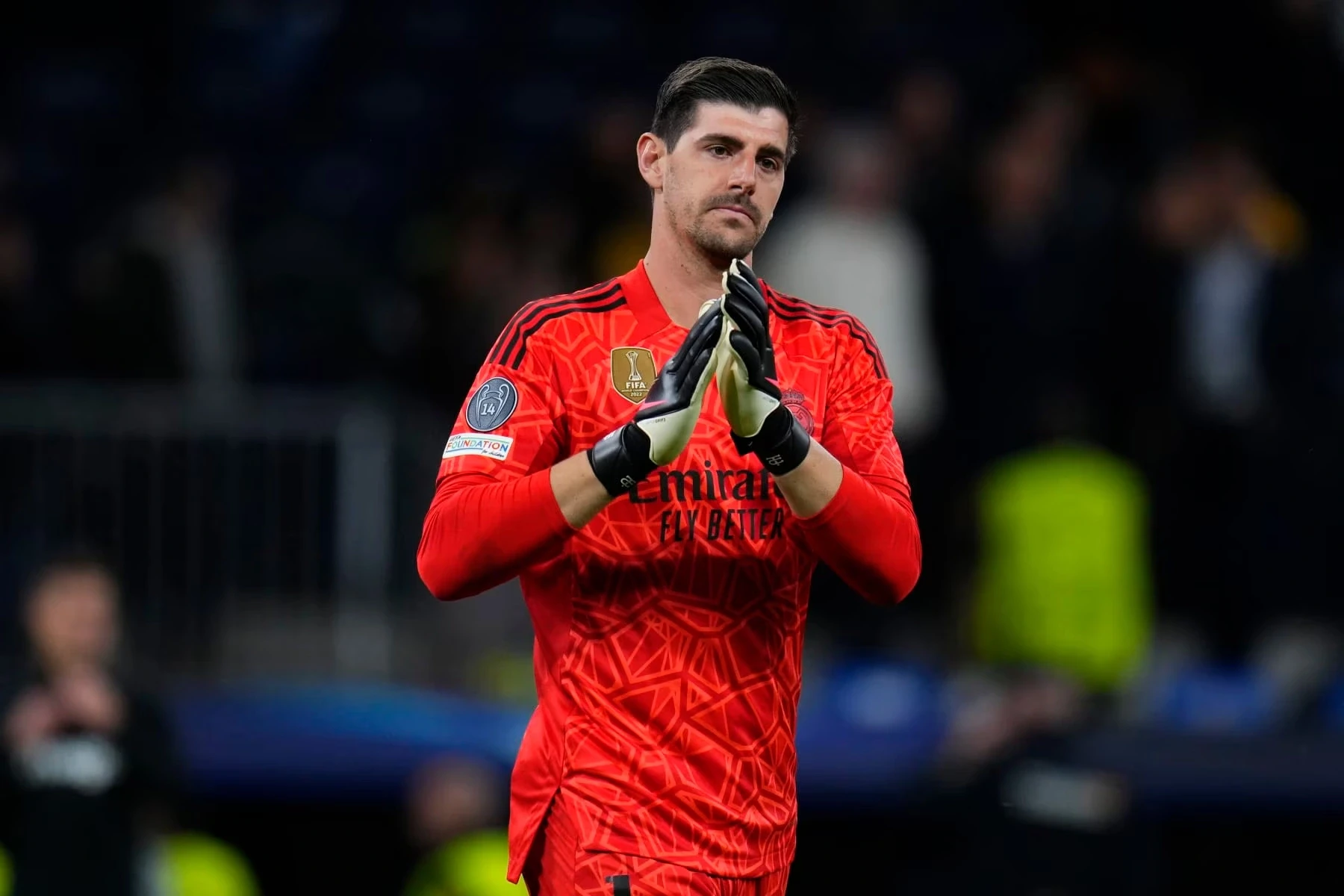
Le Mans has released a statement after Thibaut Courtois invested in the club. They put it simply: “A two-time Champions League winner and iconic goalkeeper, Thibaut Courtois brings top-level expertise, both on and off the pitch.”
The club went on: “This summer, the Brazilian group OutField acquired a stake in Le Mans FC, and now they’re stepping up even further by finalising the club’s acquisition. They’re doing it alongside a reinforced group of world-famous athletes and European investors.
“This bigger commitment is all about speeding up and solidifying Le Mans FC’s growth. OutField is working with club president Thierry Gomez, providing the resources needed to push the project forward.
“One piece is already in motion: construction has started on a training centre focused on developing local talent. The medium-term goal is to make Le Mans FC a national leader in youth development, turning it into a true engine for growth and a steady pipeline of talent for the first team.”
The club’s ambitions don’t stop there. In the statement, Le Mans added, "As he approaches a decade as president, Thierry Gomez stays at the heart of the project he kicked off back in 2016, building a resilient, well-structured club for the long haul.
“For nine years, we’ve worked hard to strengthen the club’s organisation, build up youth training, grow the women’s section, and bring together everyone involved: players, staff, volunteers, partners, and fans.
“We want to build a sustainable football club that’s ambitious, deeply connected to the city’s famous motorsport heritage, and recognised worldwide. The big priorities are improving on the field and developing the Le Mans brand, both at home and abroad, so we can really unlock all of the club’s potential.”
With all these star-studded owners, some people have started calling Le Mans the “French Wrexham". Courtois now joins the likes of his Real Madrid teammates Kylian Mbappe and Vinicius Jr, who've also invested in clubs. Mbappe put £12.6 million into SM Caen, a French third-division side, in July 2024. Vinicius is the majority investor at Portugal’s FC Alverca, which just earned promotion to the Primeira Liga.
Bringing Courtois on board fits with Le Mans’ big ambitions: they want to make a name for themselves across Europe and beyond, boosted by the support of world-class athletes like Courtois and Djokovic.
Right now, Le Mans sits fifth in Ligue 2, just three points off the top after 23 matches. They won promotion from the third tier in 2024/25 but haven’t played in Ligue 1 since the 2009/10 season, and they’ve only spent five years in the top flight in their whole history. With this new wave of investment and high-profile backing, Le Mans is clearly aiming to change that, and maybe sooner than people expect.

)
)
)
)
)




